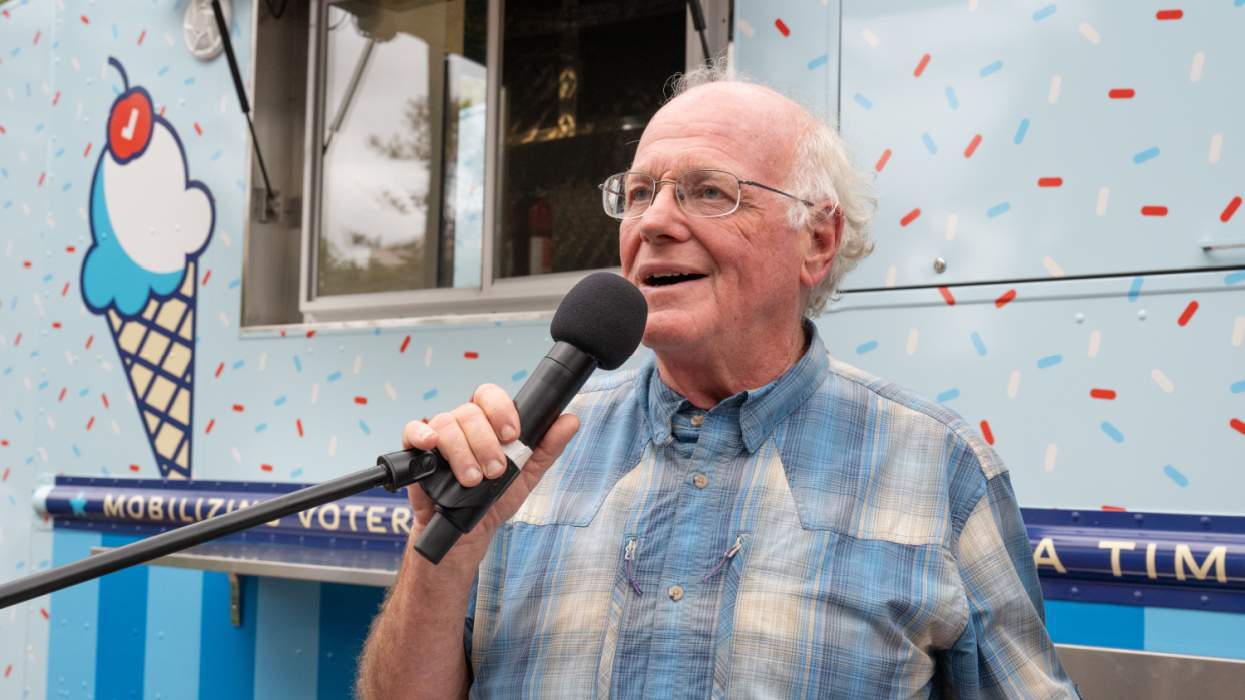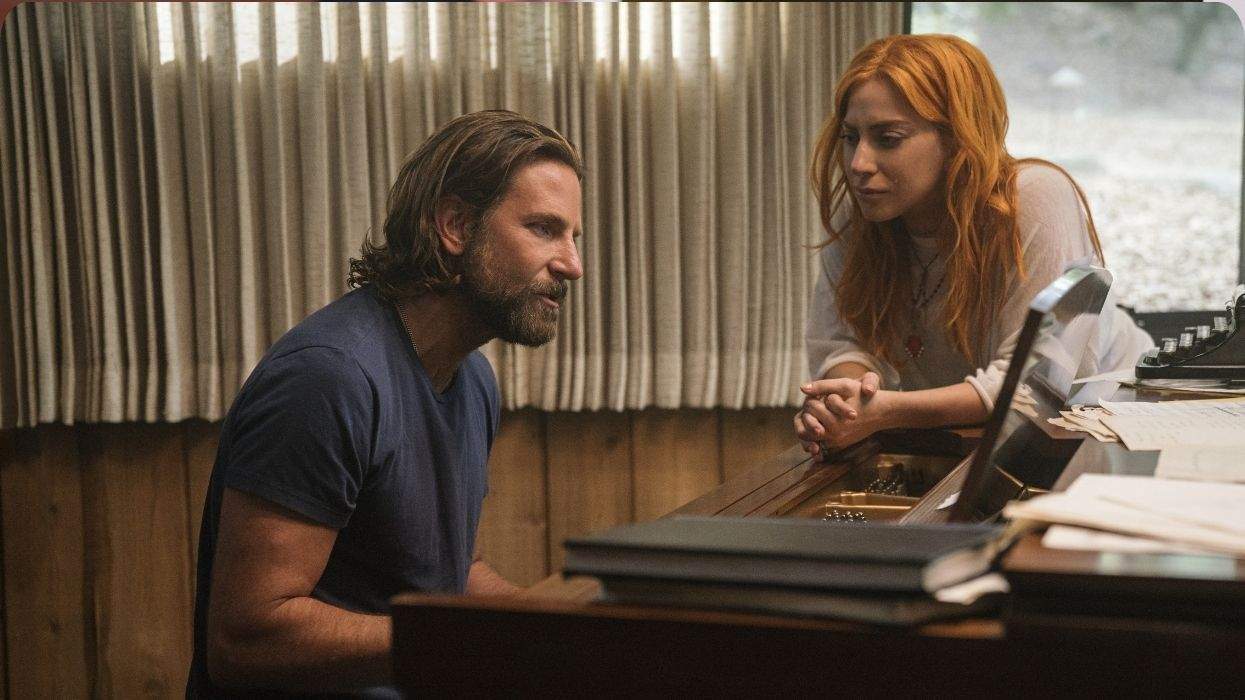Uganda's highest court upheld a law criminalizing same-sex relationships earlier this week, using an anti-abortion ruling from the U.S. Supreme Court as precedent.
Uganda's Anti-Homosexuality Act 2023 (AHA23) punishes individuals who engage in same-sex sexual relations with prison sentences of up to 20 years, making certain instances punishable by death. The nation's highest court rejected a petition to overturn the law on Wednesday, citing the U.S. Supreme Court's Dobbs v. Jackson decision in their ruling.
“In coming to its decision, the Constitutional Court considered ... the recent developments in the human rights jurisprudence including the decision of the US Supreme Court in Dobbs v Jackson Women's Health Organization ... where the Court considered the nation’s history and traditions, as well as the dictates of democracy and rule of law, to over-rule the broader right to individual autonomy," the justices wrote.
Dobbs v. Jackson overturned the previous Supreme Court ruling, Roe v. Wade, which protected the right to have an abortion. Conservative Supreme Court Justice Clarence Thomas wrote in his concurring opinion at the time that the court should also revisit and overrule decisions that prevent state restrictions on contraception, marriage equality, sodomy and other private consensual sex acts, calling the rulings "demonstrably erroneous."
The Alabama state Supreme Court also cited the Dobbs decision in its February ruling that declared frozen embryos as people, shuttering fertility clinics and halting in vitro fertilization (IVF) throughout the state.
Advocates have long warned that the Dobbs decision can be used reverse to other personal liberties, such as marriage equality, contraception, and gender-affirming care. GLAAD President and CEO Sarah Kate Ellis told The Advocate that "any time any court votes to restrict freedoms and limit the fundamental human rights of its citizens, it puts all people, in that court's jurisdiction and globally, in harm's way."
"Extremists on the U.S. Supreme Court have bluntly stated that the Dobbs decision opens the door to reconsider bedrock court rulings including deeply personal private behavior, access to contraception, and the right to marry who we love," she said. "This abhorrent decision has been utilized to justify banning medically-necessary health care for transgender people, to ban IVF for all prospective parents, and now to uphold one of the world's harshest anti-LGBTQ laws."
"The United States' biggest export should not be discrimination and hate. The U.S. should lead the world in ways to expand freedom, justice and safety for all," Ellis said.
Wisconsin Rep. Mark Pocan, an out gay Democrat who serves as Chair of the Congressional Equality Caucus, previously challenged U.S. conservative groups over their connections to AHA23. He said in a statement to The Advocate that "for Uganda’s constitutional court to have been, even in part, inspired by the Dobbs decision in their refusal to strike down Uganda’s Anti-Homosexuality Act earlier this week is incredibly troubling."
"The mention and misapplication of Dobbs by the Ugandan Court was no accident — there are U.S. organizations that celebrated the Dobbs decision who are also championing anti-LGBTQI+ legislation abroad," Pocan said. “This is just the latest in a long line of anti-equality extremists’ attempts to further limit the rights and autonomy of marginalized communities around the world.”
















Charlie Kirk DID say stoning gay people was the 'perfect law' — and these other heinous quotes
These are some of his worst comments about LGBTQ+ people made by Charlie Kirk.